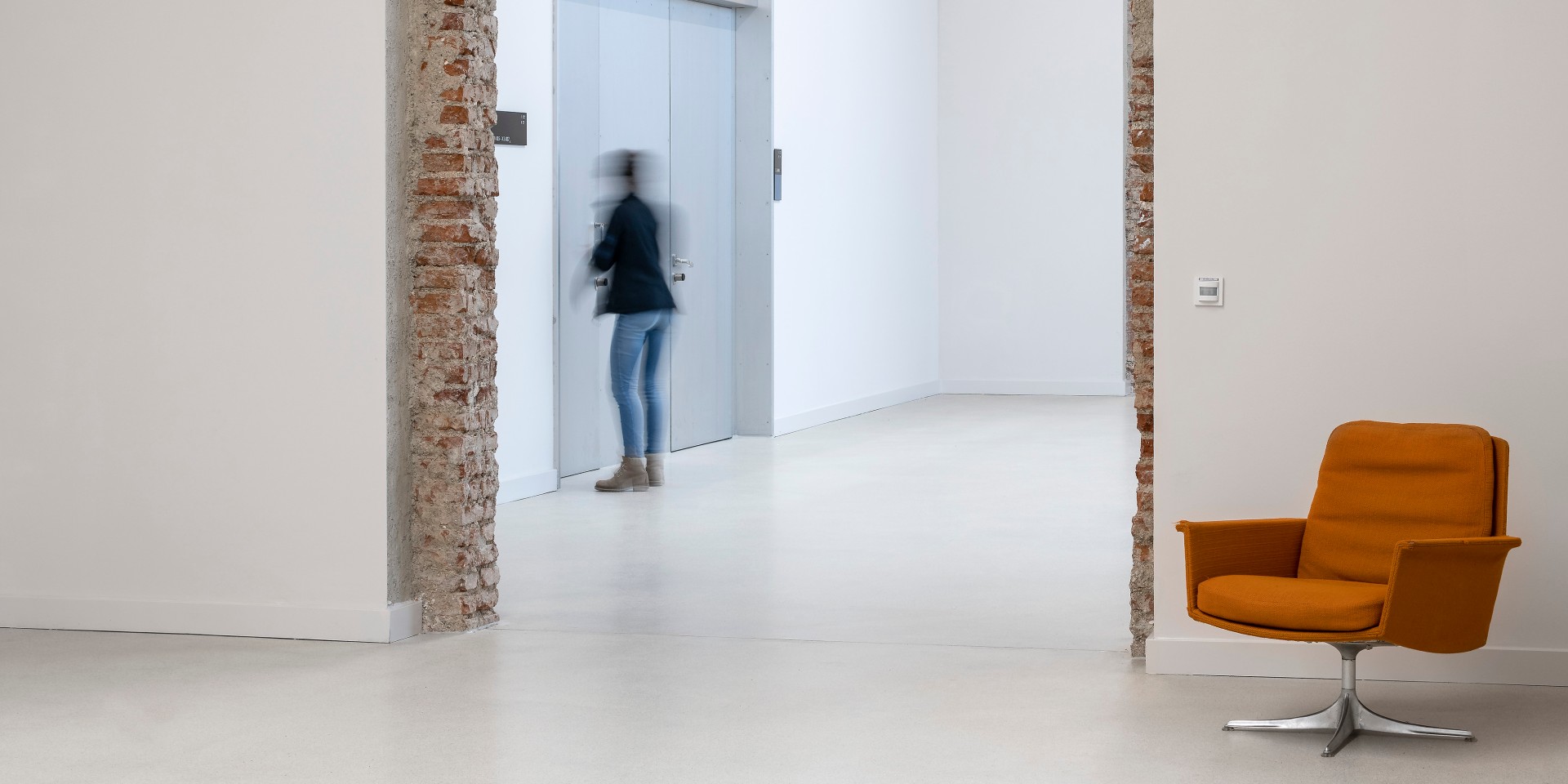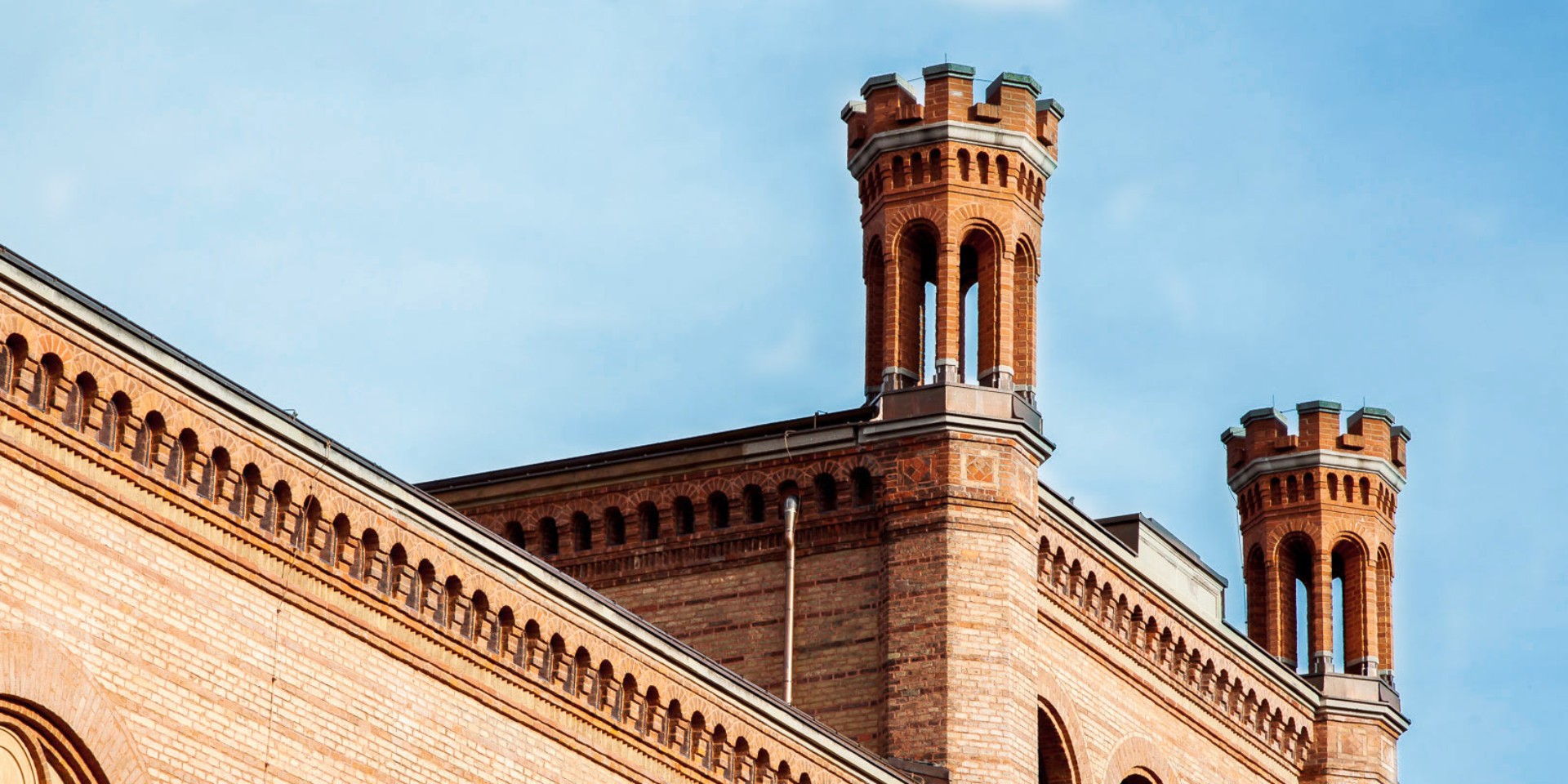Hello & Welcome.
Munich University of Applied Sciences is the second largest university of applied sciences in Germany. The Department of Design at the Munich University of Applied Sciences (MUAS) is Munich’s largest centre of design research and teaching.
We at the MUAS see design as a highly responsible task, impacting directly on society and the shaping of culture and identity.
Our conception of design strives for a balance of aesthetic, cultural, economic, technological, social and ecological aspects. Teaching design, for us, involves more than merely imparting knowledge: our wider objective is to provide our students with the space and resources to mature and develop their personal potential, and to engage creatively with the world outside. Practical relevance and application are key, but so too is scope for experimentation, for the exploration of new ideas and theoretical discourses, and for processes of transformation.
Fields of work in the Department of Design
The degree programmes and courses in the Department of Design extend across its various fields of work. They facilitate interdisciplinarity and generalization, as well as specialization, and cover a particularly broad spectrum of design topics and approaches, including:
- Social Change and Transformative Processes
- Innovation in Three-dimensional Design
- Communication, Branding and Identities
- Visual Worlds and Media
- Digital and Interactive Life-worlds
- Design Theory and Design Culture
Promoting different capabilities and approaches
To us, at the Department of Design, diversity is a strength, which we actively foster by promoting different competences and approaches to design. The wide range of skills and perspectives among our teaching staff is an advantage for our students in choosing areas for specialization and developing their personal view of design. Skills can only evolve through activity and ongoing reflection, working with others as a team, and testing techniques and ideas. In our teaching, therefore, the emphasis is firmly on project work and on cooperative learning methods that are open and flexible. Students are often entrusted with specific tasks linked to cooperation projects with companies or cultural institutions.
Practical orientation and scope for experiment
In an age of global challenges, we are continuously extending our network of contacts with national international actors in industry, culture and research. Through ambitious cooperation projects and special events, we engage with key issues of current interest, providing our students with practical insights into design processes, but also giving them the kind of scope for experimentation that only a university environment can offer.
The Department of Design in a new setting
Design education in Munich has a long history, stretching back over more than 100 years. The present Department of Design brings together three predecessor institutions, formerly housed in premises all over the city. In 2018, the newly consolidated Department relocated to the former armoury of the Bavarian army, an extensively renovated historic building at 17 Lothstrasse, which for the first time accommodates all our facilities and courses under one roof. The listed building from 1866 has been refitted to meet the specific needs of design education in the twenty-first century. Professional workshops, studios and laboratories are integral to this, as are computer and project rooms for collaborative and experimental activities.
The Department of Design offers a bachelor’s degree programme and a master’s degree programme.
Bachelor »Design«
The Bachelor programme offers an academically grounded course of study leading to a recognized design qualification, and equips students with the skills, knowledge and understanding to find their place in a demanding professional environment
Core fields and areas of specialization
The Bachelor programme comprises three core fields: Photo Design, Industrial Design and Communication Design, which are linked through interdisciplinary collaboration. The core fields also comprise various possibilities of specialization, for example in Transportation Design, Corporate Design/Branding or Interaction Design.
Programme structure
The full-time Bachelor programme extends over seven semesters. In the first semester, students receive a general introduction to design, extending across the three core fields, in six modules (Basic Design Principles, Theory of Design, Drawing, Photography, Typography and Interaction). In the second semester, they move on to study specific topics in greater detail. At this point, they can already choose extension and in-depth modules, independently of their core field, to help clarify individual interests and provide an overview of possibilities for specialization. From the third semester onwards, the focus is on project work, in which practical elements are combined with theoretical and concept-driven styles of working. The fifth semester consists of an eighteen-week internship with a professionally relevant office or organization. In the seventh semester, students are required to write a thesis before sitting the final examination. The programme leads to a B.A. degree.
More about our Bachelor Programme
Master »Applied Design Research«
The Master’s programme “Applied Design Research“, over three semesters, encompasses all the fields of work at the Department of Design, but places particular emphasis on the areas of “Social Change and Transformative Processes“ and “Design Theory and Design Culture”.
More about our Master Programme
Contact
We love to hear from you!
International Coordinator

